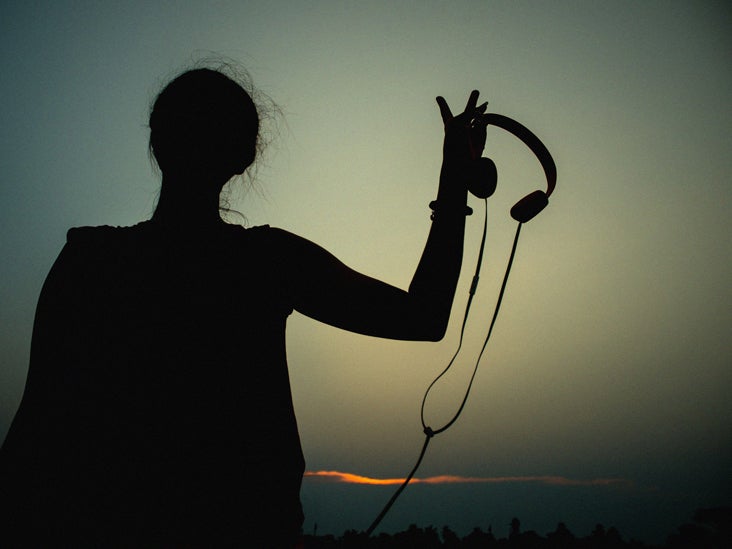Music is an integral part of our lives. Music is an essential part of our lives, whether we enjoy music that relaxes us, dances to beats, or sings lyrics. It’s hard for anyone not to be surrounded by luck in love. Research has proven that various types (or styles of music) can trigger blood pressure changes. Rock and metal have more positive effects than tracks with tranquilizer-like effects as well as hormone fluctuations. Metal takes us to new places, while the calming effects of acoustic music can regulate everything from moods to appetites.
The idea that music may affect our mental health isn’t new. In certain cultures, drums and singing were used to heal dating back many thousands of years before. It is now known that this type of therapy is very effective in dealing with anxiety and post-traumatic stress disorder (PTSD). There is no limit to the number of people who could benefit from this therapy, since everybody has different concerns with their moods and emotional state.

Music therapy is an approach that many people already use in some capacity. Because it relies on music as its foundation it’s more likely help those who are who are in need of healing. You will experience a sense of connection instantly and will be able to sense changes in their mood simply by listening. This type of therapy is completely successful because therapists make use of traditional songs to write lyrics and tunes. They also participate in mindfulness exercises where patients are focused on specific sounds.
So, who would benefit by music therapy?
Music therapy is being used to relax and prepare for work. However, it is being studied as a therapy option for a variety of psychological disorders.
1. Hearing Impairment
The use of music therapy has been demonstrated to aid those hearing impaired by enhancing their speech formation. It isn’t often that those who have hearing problems can hear continuously. However there are people who experience a degree of sensation. Music therapy helps to improve speech development and intonation.
2. Autism
A method of music therapy has been shown to be effective in helping autistic spectrum disorder (ASD) sufferers. Combining music therapy and standard treatment could help more people live productive lives. Social withdrawal and isolation times were shorter when kids received both therapies compared to just one kind of therapy. This suggests there’s a certain benefit of combining both types as the majority of boys who receive increased social skills also show improvements in their social interactions at home too.
3. Chronic pain
Both music and pain can provide a soothing experience for people who are suffering. Therefore, it’s no surprise that people who utilize music therapy to relieve their emotional burden feel less irritable. One way to do this is by removing your attention from the constant ache so that you can get away from the things happening around them . It’s the same way we listen to our ears in concerts or at pianos when there’s nothing else to distract us besides these two things.
For more information, click music therapy florida